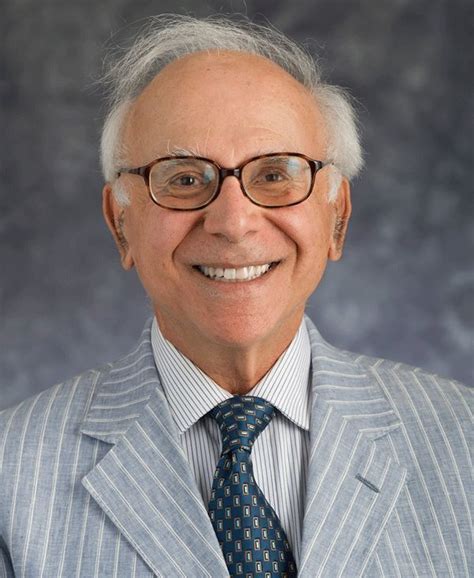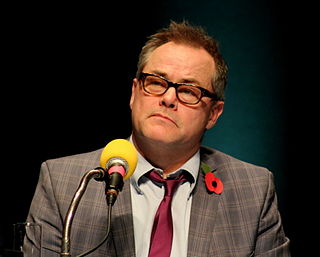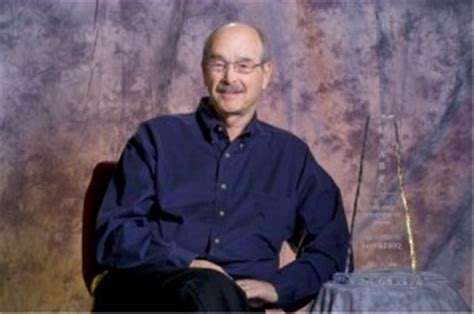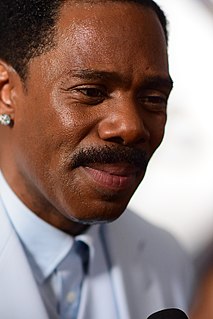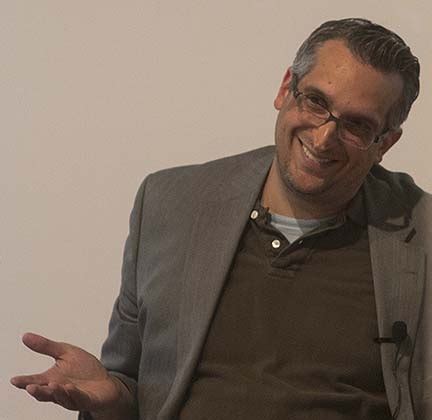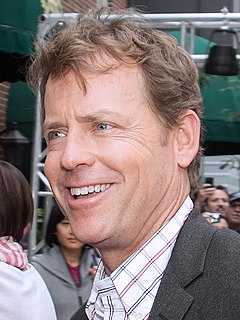A Quote by Robert Audi
One is never just a teacher: One is always - even if not consciously - an advocate of a point of view, a critic of certain positions, an exemplar of someone trying to communicate, a purveyor of images, a practitioner of behavioral standards, a person dealing with, and indeed responsible for, others in common tasks. In teaching, at least, the role of moral agent is inescapable.
Related Quotes
We are now returning to the 18th century empirical approach with the new interest in the evolutionary basis of ethics, with 'experimental' moral philosophy and moral psychology. As a result, we understand better why moral formulas are experienced as ineluctable commands, even if there is no commander and even if the notion of an inescapable obligation is just superstition. So moral philosophy has made huge progress.
I've discovered that like every writer, I'm helpless MYSELF - and that means I find myself unconsciously or semi-consciously repeating motifs and themes and even using certain words or images recurrently in my work, no matter how much I think I'm starting fresh. But I've always admired artists who made a specific sport of trying to visit different kinds of genres or mediums or modes - not just 'western' or 'detective', but comedy/tragedy, epic and miniature, traditional/experimental.
I don't think of myself as a critic or teacher either, but simply - and at the obvious risk of disingenuousness - as someone who teaches, writes drama criticism (and other things) and feels that the American compulsion to take your identity from your profession, with its corollary of only one trade to a practitioner, may be a convenience to society but is burdensome and constricting to yourself.
Regardless of the weight of the role, I feel like the job is always kind of the same. Who is this person? What's this guy here, what's he trying to say? And what's the volley with all these other people around him? So I don't feel like that part of it changes. I have not reached the point - if there's a point you reach as an actor where it's, "Oh, I got this figured out, I know how to do this". But I am happy to say that the primary building blocks of where you start, at least, there is a little bit of sameness to that. And that's always nice.
[T]he more clamour we make about 'the women's point of view', the more we rub it into people that the women's point of view is different, and frankly I do not think it is -- at least in my job. The line I always want to take is, that there is the 'point of view' of the reasonably enlightened human brain, and that this is the aspect of the matter which I am best fitted to uphold.
Everybody you work with sees what you're doing from a different point of view, a very specific point of view. So, if someone is lighting, they're seeing it from that point of view. A production designer is seeing it from the placement of furniture that tells you about the character. Everything that goes into the room should tell you about the person who lives in that room.
